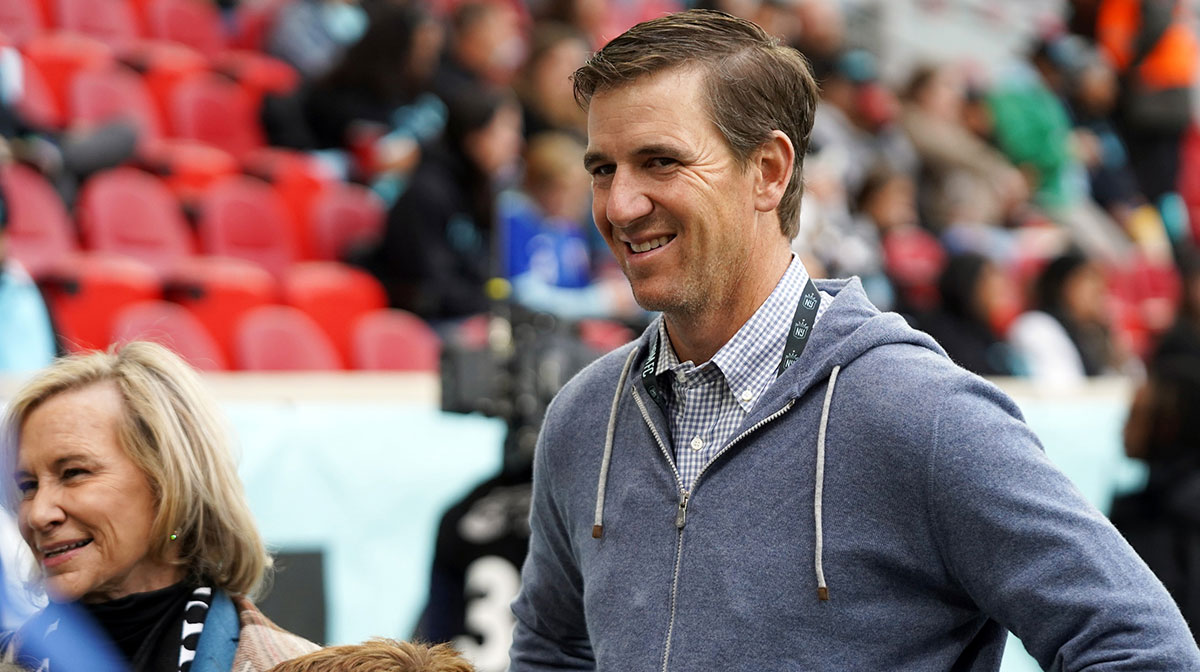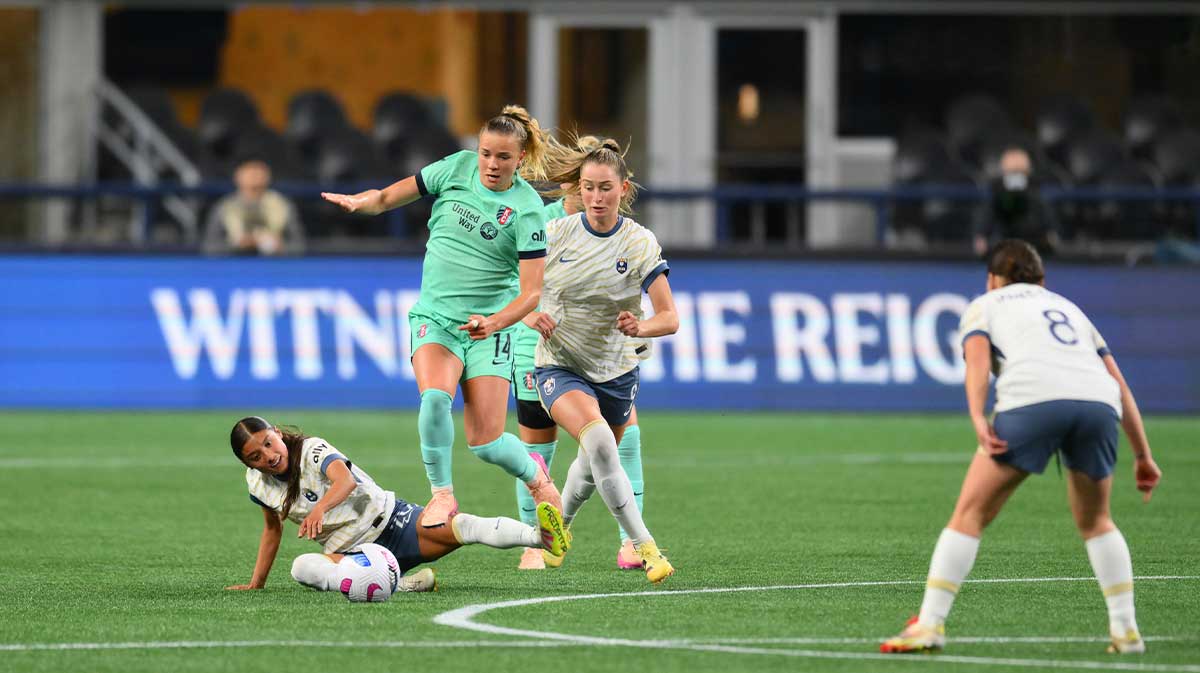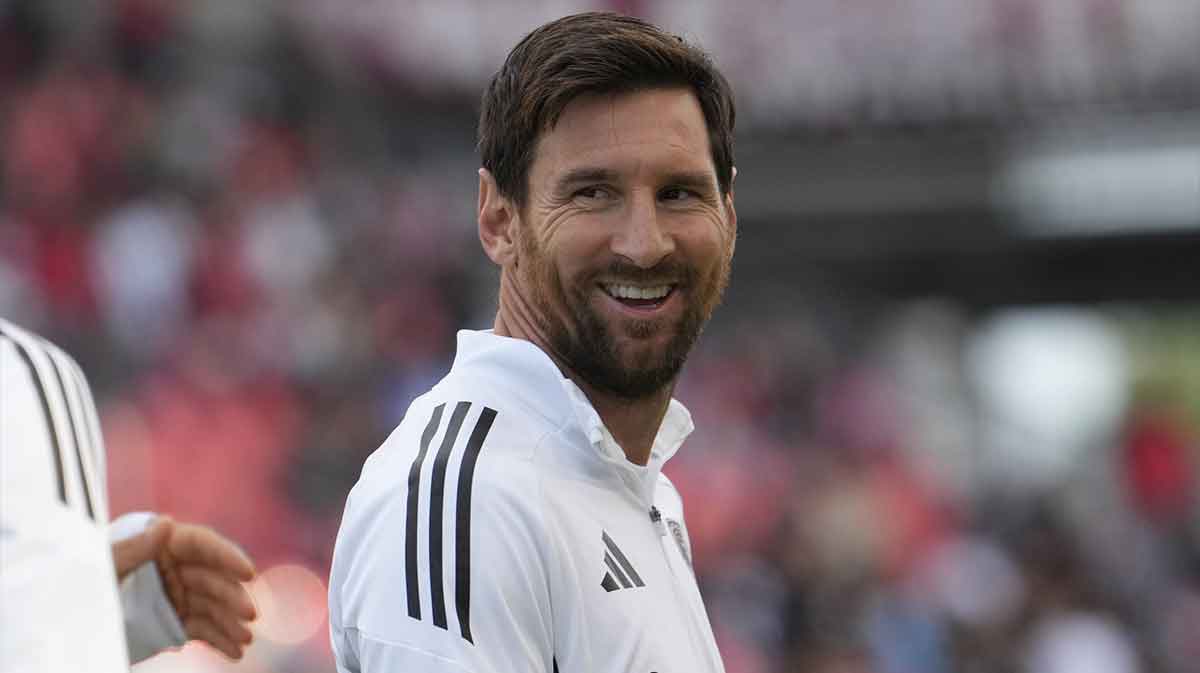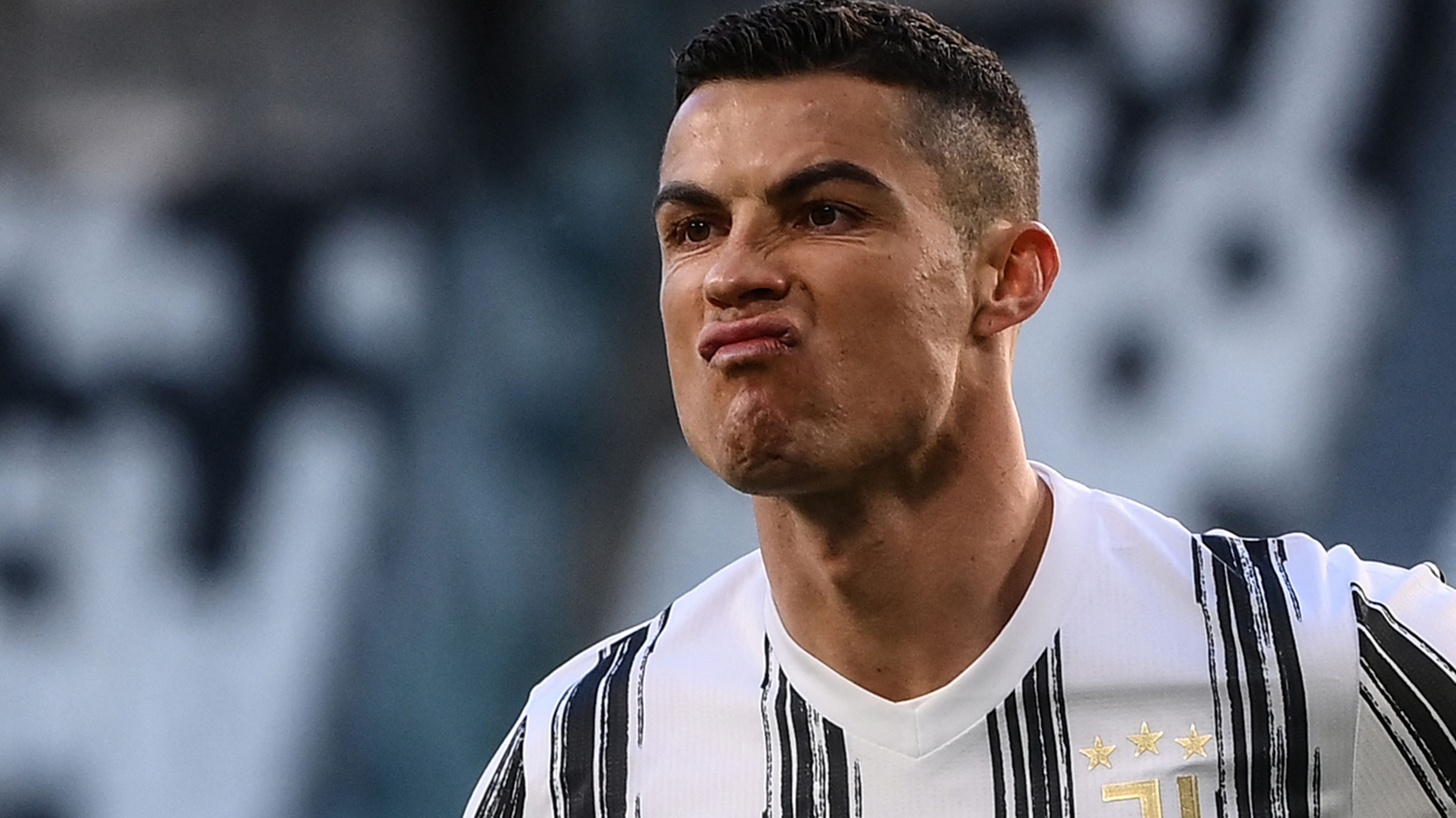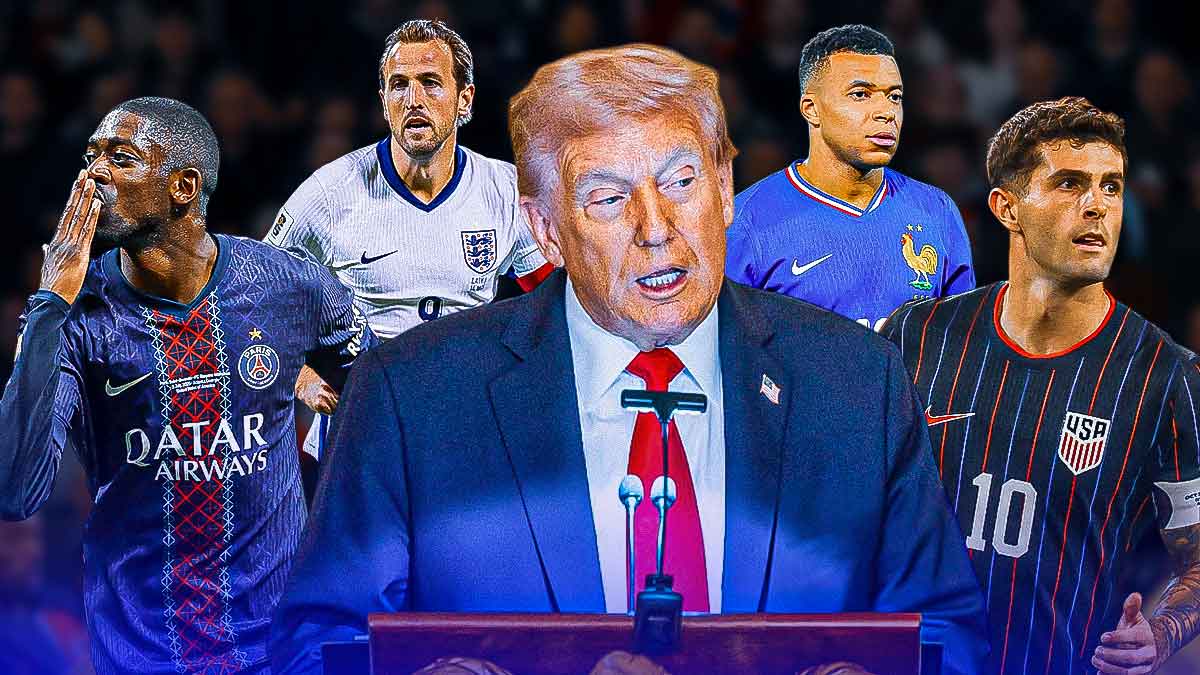Premier League footballers are gearing up for an unprecedented challenge as the number of matches they're set to face reaches an alarming high. With a staggering 86 games looming in the upcoming season due to an expanded Champions League and Fifa's introduction of a 32-team summer club competition, players and the Professional Footballers' Association (PFA) are raising serious concerns about player welfare.
The PFA, representing the players' interests, is alarmed by the lack of consideration for the well-being of athletes. Maheta Molango, the PFA's chief executive, expressed his dismay at the situation, stating, “We’ve reached a stage where people are ready to take legal action to resolve it. This is a defeat for football when players need to take justice into their own hands because they don’t feel protected.”
Molango highlighted the physical strain these fixtures will place on players, emphasizing that the current calendar demands the impossible from them. The looming schedule clashes with the very limits of the human body, raising significant doubts about the players' ability to perform at their peak and maintain their health.
Adding to the concerns is Fifa's proposal for a 32-team Club World Cup, scheduled for 2025, which would include prominent English clubs like Manchester City and Chelsea, potentially clashing with players' holiday periods. The subsequent season culminates in the inaugural 48-nation World Cup, further exacerbating the fixture congestion.
Richard Masters, the Premier League's chief executive, has raised objections to Fifa regarding the expanded club version, underscoring the severity of the situation.
In an interview with Sky News, Molango warned that such overload not only risks diluting the essence of the beautiful game but also pushes players to a breaking point. “It’s impossible because the human body only allows you to do so much,” he emphasized.
With legal action looming on the horizon, the Premier League and football's governing bodies face a critical juncture. Balancing commercial interests with player welfare is imperative to sustain the integrity and quality of football. As the debate intensifies, the future of the sport hangs in the balance, with the well-being of its stars at the forefront of the discussion.









